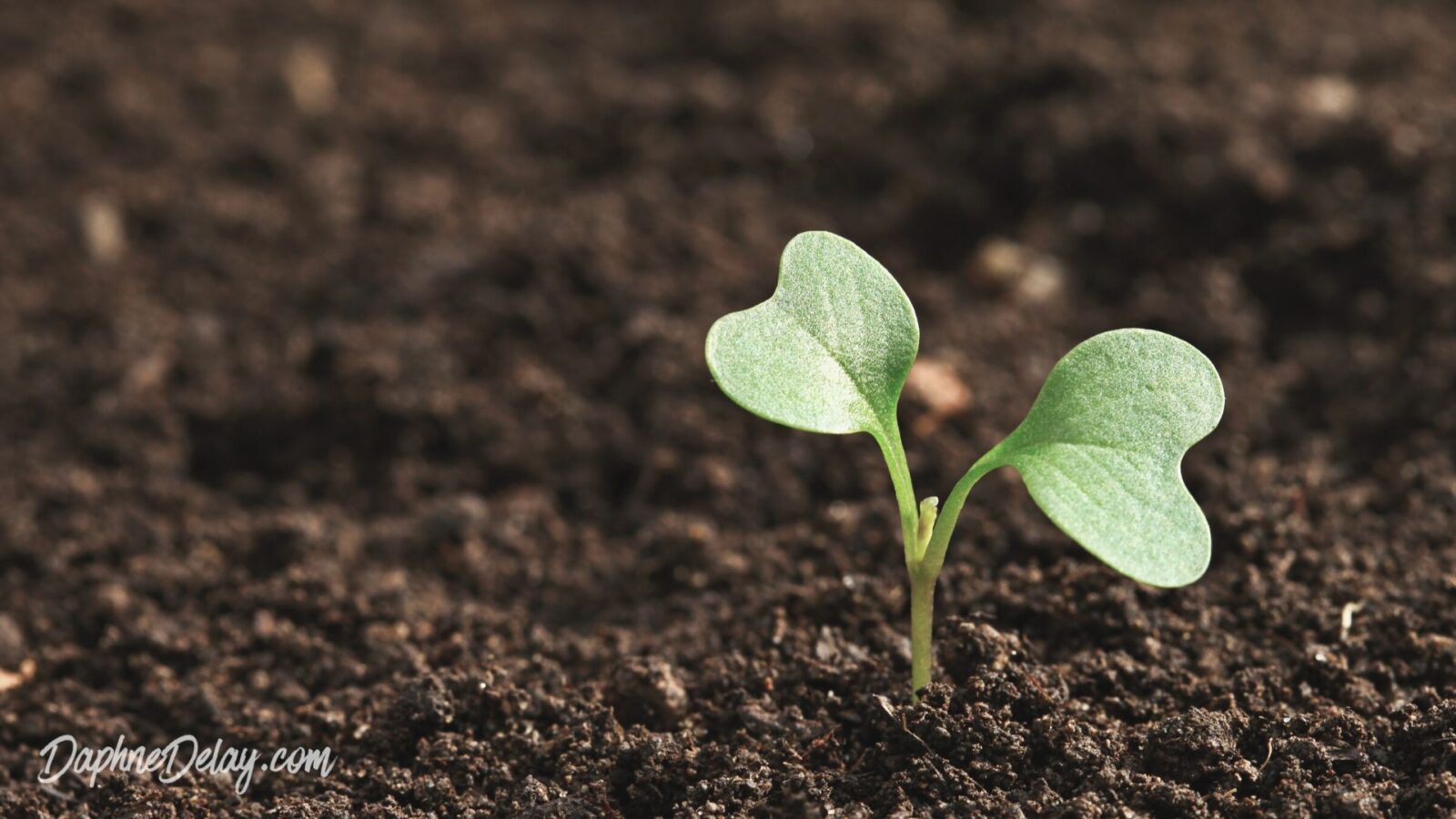Greetings can tell you a lot about a person. For example, I have a friend who always answers, “How are you?” with “I’m grateful.” Another man, the husband of another close friend, always answers, “Better than most folks.”
Both of these people live and share their gratitude daily.
I looked it up and was surprised the word grateful isn’t found very often in the Bible. The Message and Amplified versions use the word more regularly, but the closest word in the King James Bible is exceedingly glad. To be grateful means to be warmly or deeply appreciative of kindness or benefits received. It’s a more meaningful way of saying you’re thankful.
When Jesus healed the ten lepers, he was surprised at the nine who didn’t show their gratitude. But “one of them, when he realized he was healed, turned around and came back, shouting his gratitude, glorifying God. He kneeled at Jesus’ feet, so grateful. He couldn’t thank Him enough…” (Luke 17:14-16, MSG).
The Apostle Paul was another man extremely grateful. In his letter to Timothy, he said, “I’m so grateful to Christ Jesus for making me adequate to do this work. He went out on a limb, you know, in trusting me with this ministry” (1 Timothy 1:12, MSG).
I’d like to think people don’t mean to be ungrateful. But it seems this generation of young people, who are often prone to entitlement, don’t know what it really means to be grateful. Or maybe their gratitude is just misplaced.
This was Jonah’s issue.
Without going into the whole story, here’s the brief version: Jonah was summoned by God to go to Ninevah and prophesy against it as a warning. But Jonah doesn’t want to. So as the story goes, in his flight to run from God’s command, Jonah is swallowed by a fish and spends three days in its belly.
When Jonah finally repents and goes to Ninevah, he fulfills what God asked of him. Amazingly, the people of Ninevah (including the king) repent of their wickedness and turn their hearts to God. But Jonah was mad that he prophesied calamity and “God relented from the disaster that He said He would bring upon them…” (Jonah 3:10)— in other words, God showed them mercy.
Watching and waiting on a hill above the city, Jonah made himself a small shelter. The next morning, God caused a plant to grow exceedingly fast to give Jonah extra shade. In this, “Jonah was very grateful for the plant” (Jonah 4:6).
However, the next morning a worm ate the plant and caused it to wither. Then the sun rose and scorched the rest of the dying plant. Jonah became very angry about the plant and God nailed his heart with this question:

“Is it right for you to be angry about the plant? You have had pity on the plant for which you have not labored, nor made it grow, which came up in a night and perished in a night. And should I not pity Ninevah, that great city, in which are more than one hundred and twenty thousand persons who cannot discern between their right hand and their left?” (Jonah 4:9-11).
Remove the double standard.
Sadly, this could be any one of us. We’re grateful for the things that benefit us (and we should be). But when our gratitude is one-sided, there’s a problem. In other words, the same mercy we’ve received (and are grateful for) should be the same mercy we long for others to find and know.
The Book of Jonah ends with God’s question. We don’t know if he got his heart right, but his story is a reminder that we have a choice.
So I’ll close with a question too: Are you grateful? (Or more like Jonah?)







Leave a Reply